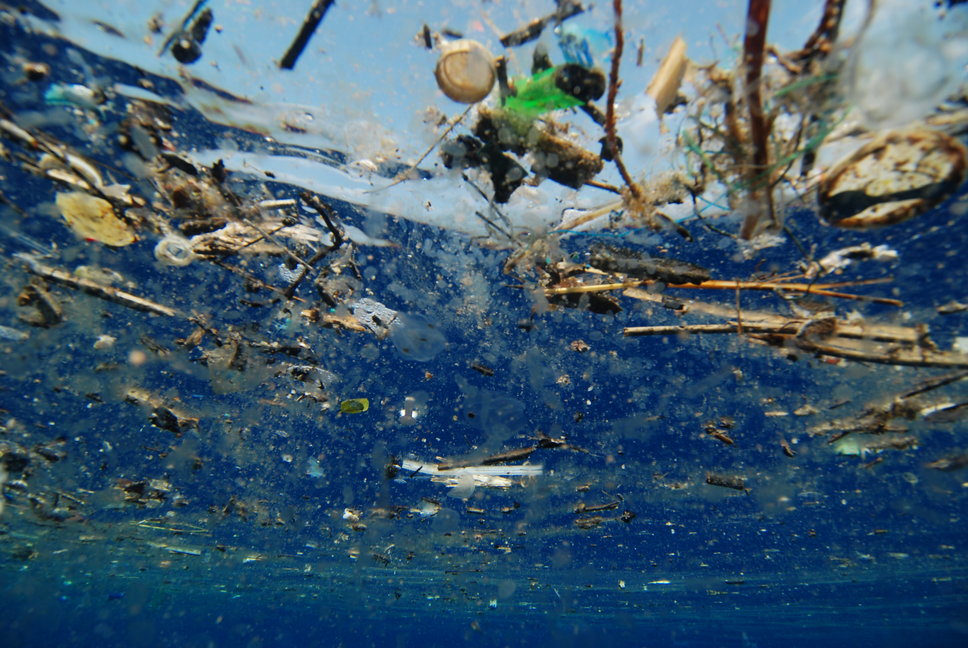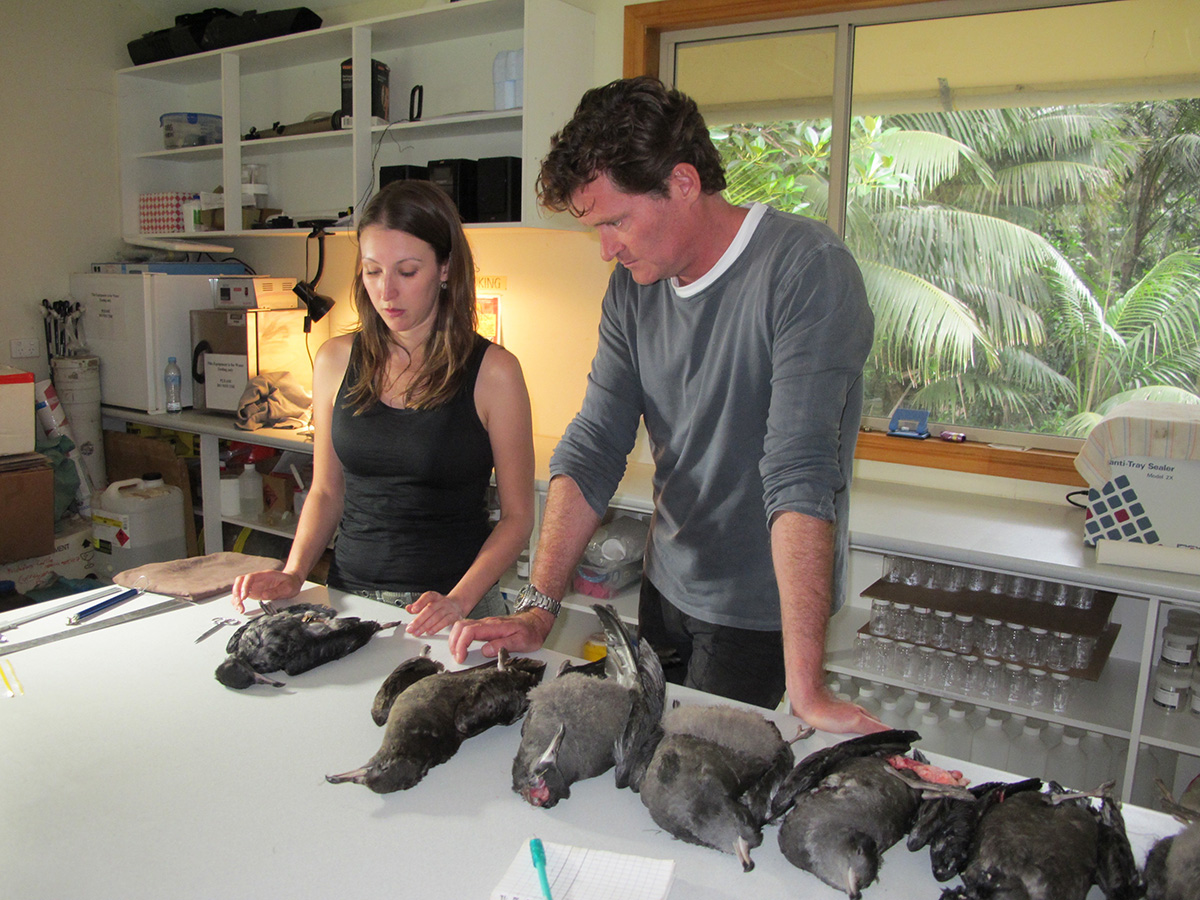published Sept. 29 by Brunel University in London

An eye-popping film about plastic pollution featuring environmental science pioneered at Brunel is up for a leading industry award.
A Plastic Ocean is up for best documentary at this week’s Raindance Film Festival. It tells the insidious tale of the millions of tonnes of plastic litter turning the world’s seas into a toxic plastic soup.
In it, Ecotoxicology Professor Susan Jobling, explains the hormone-disrupting effects of chemicals linked to plastic pollution. Professor Jobling, Director of Brunel’s Institute of Environment, Health and Societies appears alongside other leading scientists and Sir David Attenborough.
“It is quite powerful. Shocking even in places,” said researcher Dr Christopher Green, one of the Brunel team of scientific advisors.
A Plastic Ocean is produced by BBC Blue Planet producer, Jo Ruxton and told though the eyes of journalist Craig Leeson and free diver, Tanya Streeter. It shows how plastic marine litter harms wildlife, the environment, and potentially human health. A South Pacific islander tells how the pools she swam and fished as a child are contaminated by plastic waste, saying it has ‘destroyed our paradise’.
Brunel got on board as scientific advisors when the team asked Professor Jobling to talk about endocrine disruption and how chemicals associated with plastic can affect the hormone system. In the early 90s, Professor Jobling was one of the first researchers to show chemicals in plastics can mimic the female sex hormones, oestrogens. In the film, she explains how these chemicals can interfere with reproduction and development and their links to hormone related diseases. “Endocrine disruption in aquatic wildlife was pioneered here at Brunel,” Dr Green explained.

An alarming statistic is that 90 per cent of seabirds are likely to have swallowed plastic. Without intervention, by 2050, 99% of sea bird species will have consumed plastic.
"I hope it will make people really think about how they use plastics and make them wonder for example if they really need a plastic drinking straw or a single use plastic bottle. I hope it starts to resonate with manufacturers, with industry and government and drives a wave of change towards a more sustainable future. Whatever happens, Brunel will be part of that change, through our innovative multi-disciplinary research."
Professor Jobling, who is researching public attitudes and understanding of plastic pollution with Brunel media sociologist, Lesley Henderson is calling for research into recycling and re-use of plastics. “Only 14% of plastic packaging is collected for recycling,” she said. “We need a new future for plastic."
• The Raindance Film Festival winners will be announced on September 30. Find out about Brunel’s Institute of Environment, Health and Societies here. Learn more from Plastic Oceans Foundation. Images courtesy of Plastic Oceans Foundation.








